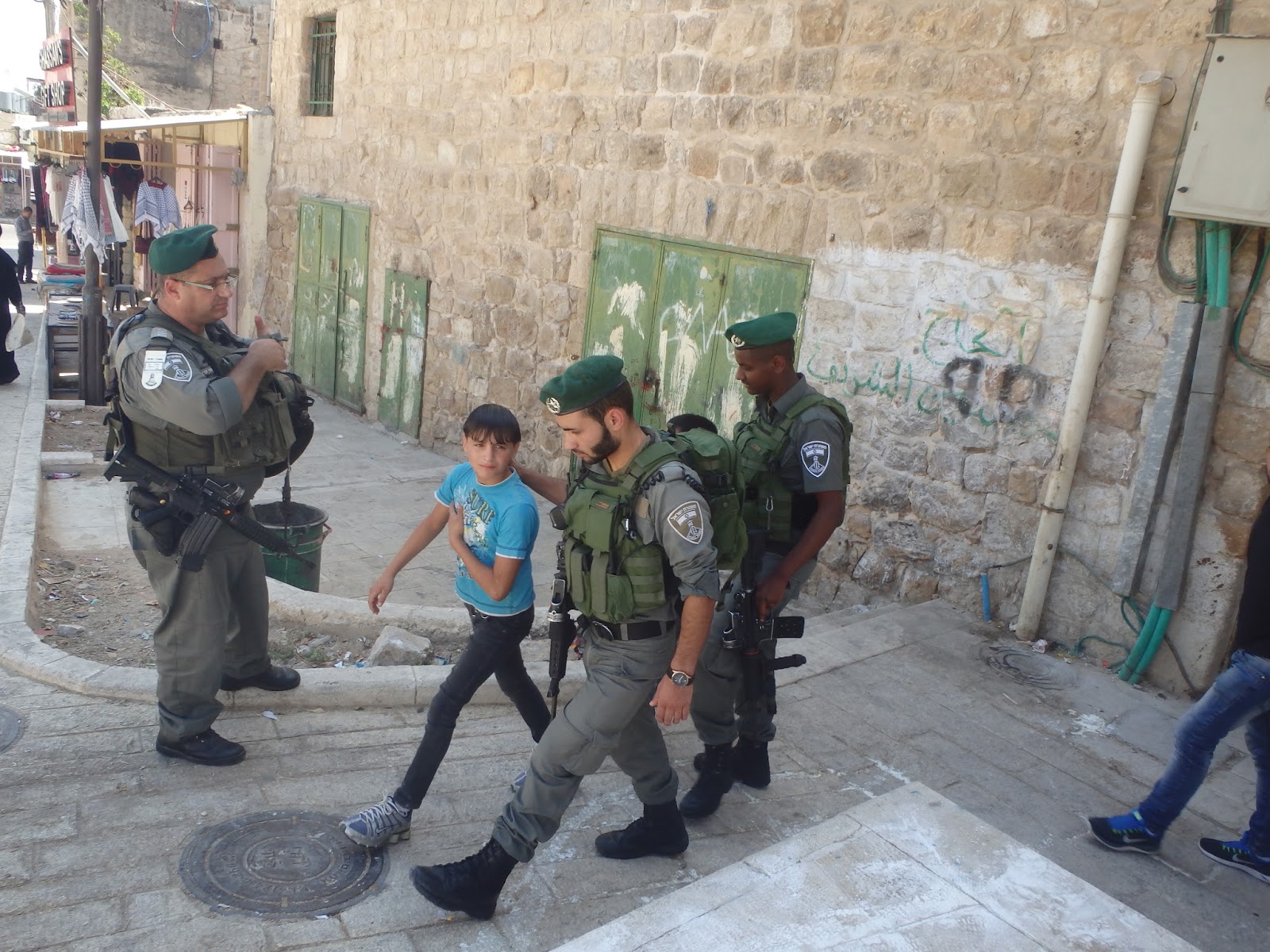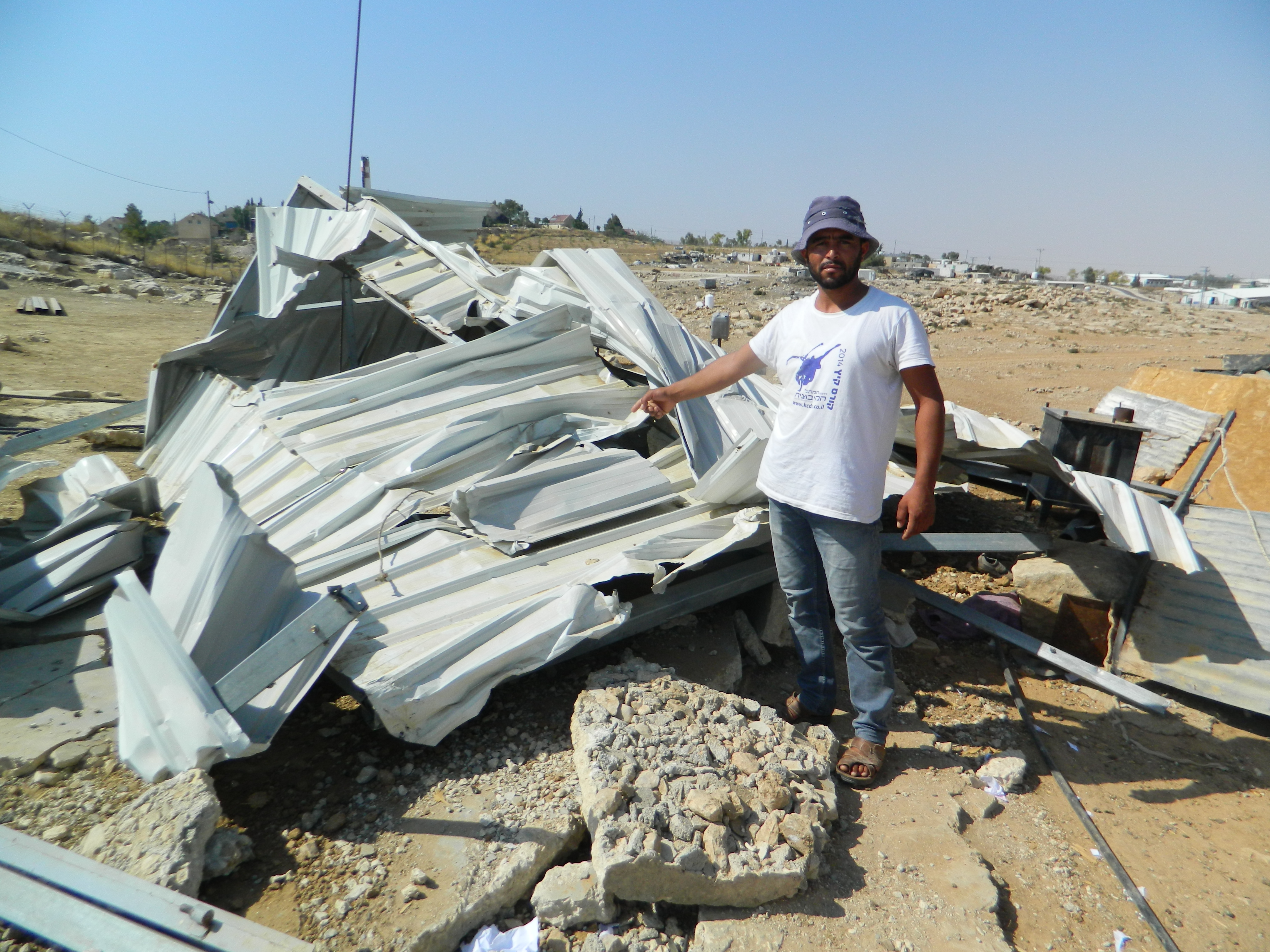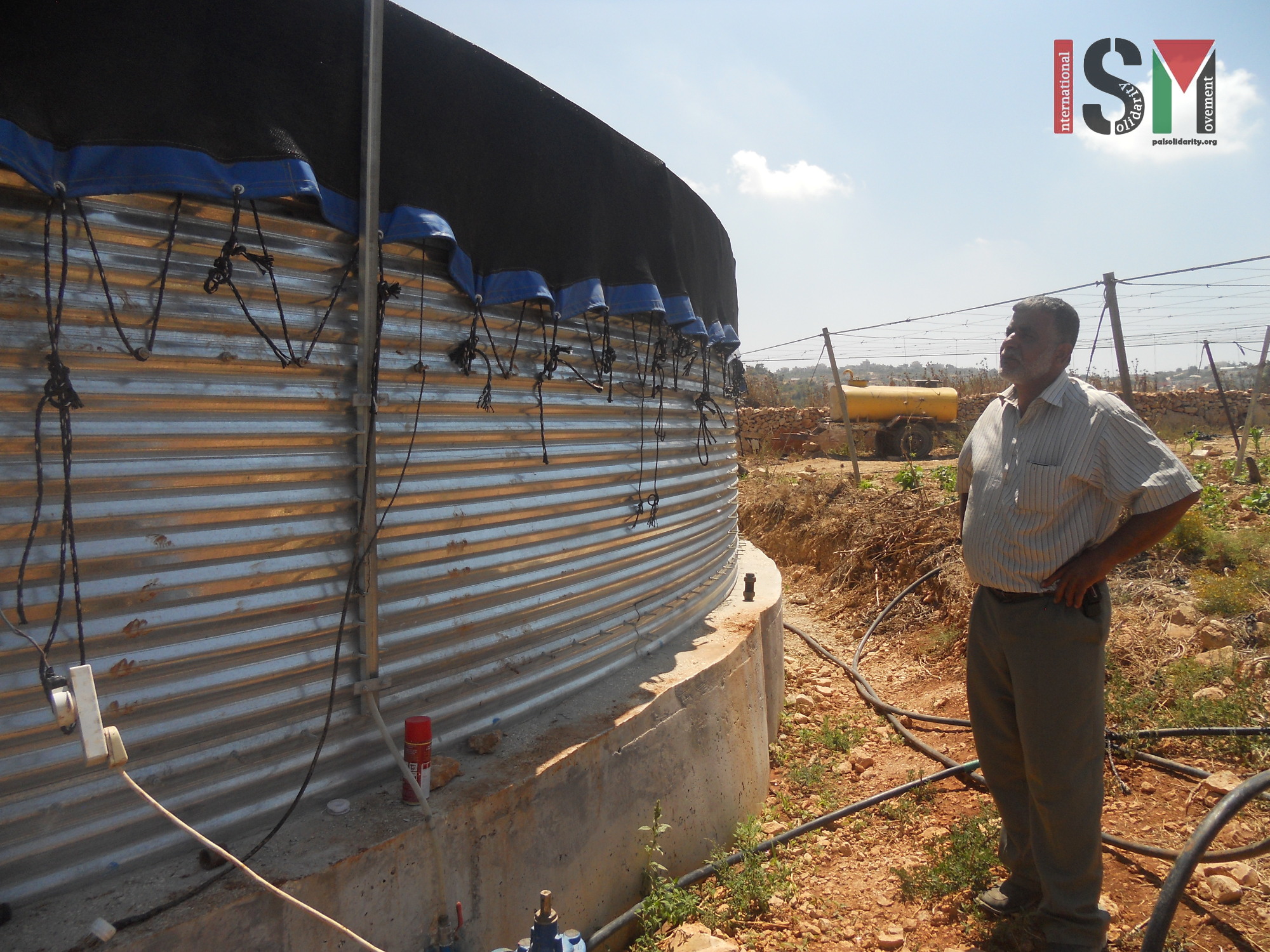Category: Journals
-
Israeli Border Police question Palestinian children
10th August 2016 | International Solidarity Movement, Khalil team | Hebron, occupied Palestine What started and should have ended a few hours ago as a scuffle between two boys ended up with a Israeli Border Police action that once again demonstrated the racism and oppression that Palestinians face in an occupied city. Close to Ibrahimi Mosque,…
-
Israeli military destroys six homes in Umm Khaeyr
9th August 2016 | International Solidarity Movement, Khalil team | Umm Khaeyr village, occupied Palestine On the morning of August 9, 2016, ten Israeli military jeeps each filled with five soldiers, arrived in the village of Umm Khaeyr. It was 6:30, and most people were still in bed. The soldiers made the people sit down,…
-
Settler Harassment and Water Shortages in Beit Ummar
8 August 2016 | International Solidarity Movement, Khalil team | Beit Ummar, occupied Palestine Settler Harassment Ealier today we visited Abdullah Braigheith, a 54 year old farmer, who with his family are facing the risk of getting their agricultural water tank demolished, any day from now. This is their livelihood, without the water for crops they will…



